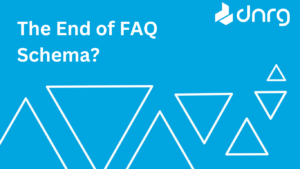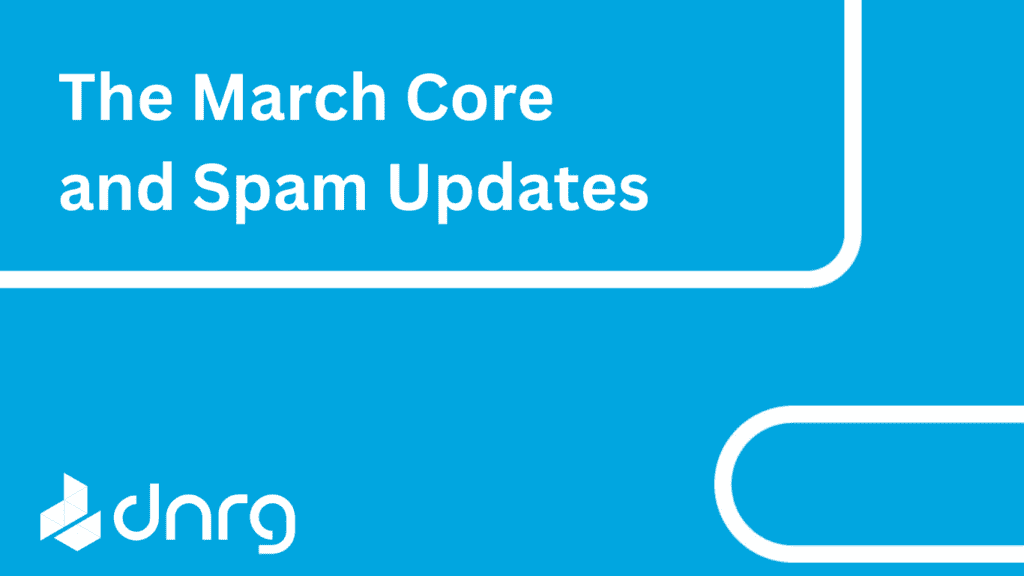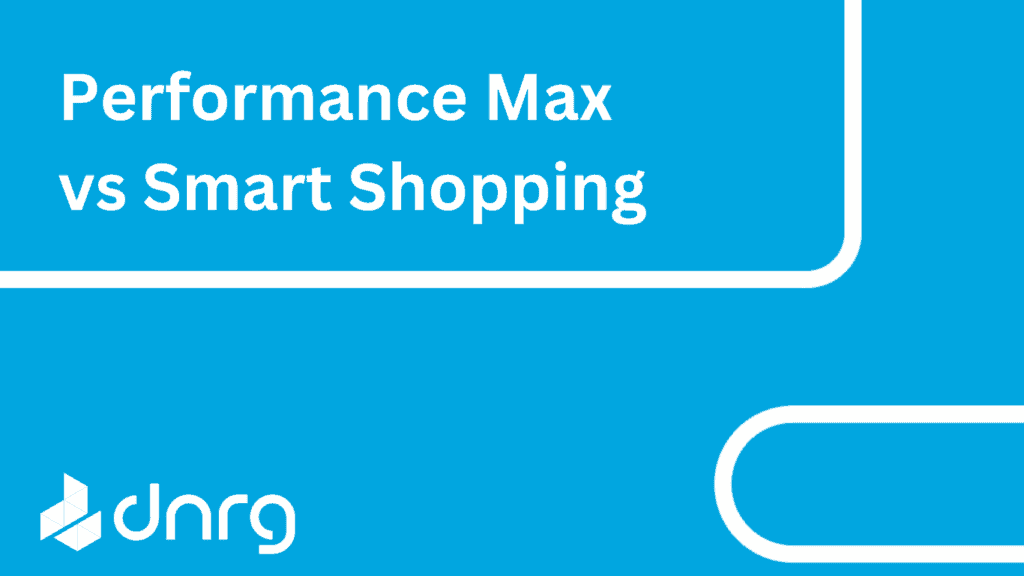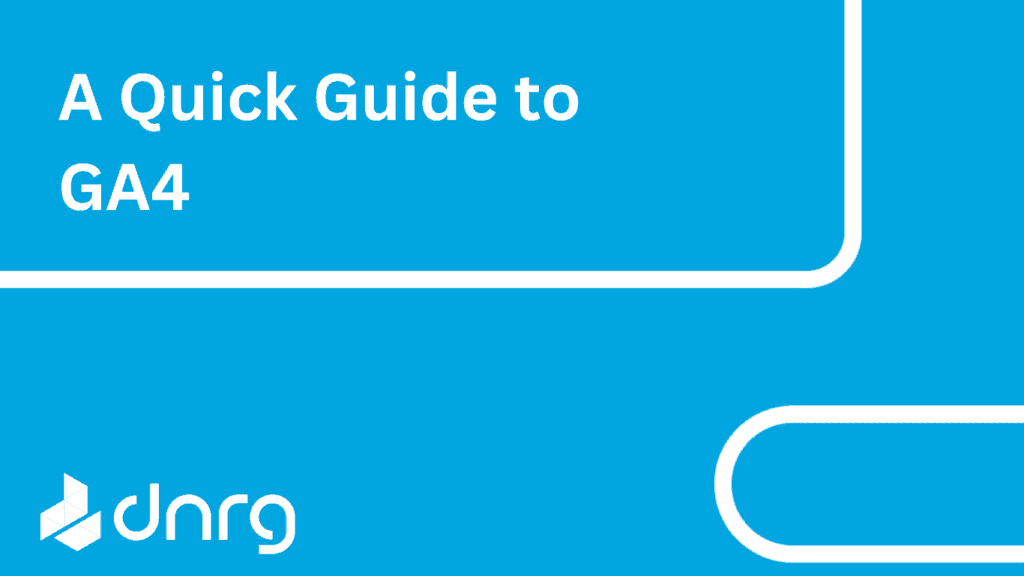Google has recently announced that FAQ schema will have limited use in rich snippets going forward. In the latest update, FAQ rich snippets will only feature on results for “well-known, authoritative government and health websites”, which could seem to spell the end for FAQ schema as a useful tool in the SEO arsenal. So what does this mean for the future of this rich text mark-up and more importantly, what effect will this have on SEO?
What is an FAQ Rich Snippet?
A rich snippet is an enhanced search snippet that appears next to a search result in addition to the metadata, with an FAQ rich snippet featuring an accordion of questions right underneath your search result. These can appear after FAQ schema (a form of javascript markup language) is added to specific pages on your site.
If you use a markup generator, then FAQ schema is relatively efficient to add to your site, and it’s a tool that some have used to make their search result appear larger, whilst also answering questions that potential customers would have about their products or services.
Why are FAQ Rich Snippets Stopping?
Google says that they are curtailing the use of FAQ rich snippets in their search results to “provide a cleaner and more consistent search experience”. FAQ rich snippets aren’t disappearing entirely, as they will be used on results for government and health websites, but they will be limited and “not shown regularly” for other websites.
In addition to this, it is also worth mentioning that just because FAQ schema is added to a webpage, it doesn’t mean it will always appear as a rich snippet in the search results. At DNRG, we have noticed that rich snippets have been featuring less often on results that have FAQ schema.
Google were already selective as to what search terms and which results would have an FAQ rich snippet, with this latest update confirming they will be even more selective going forward.
Other Benefits to FAQ Schema
Whilst this latest update might spell the end for common usage of FAQ schema for rich snippet purposes, it doesn’t necessarily mean it’s the end for FAQ schema overall. Just like any other structured data, there are many benefits that arrive from the implementation of schema on your site.
The inclusion of the specific FAQ schema makes the questions and answers themselves more prominent on the page, which helps to reinforce the key benefits of adding FAQs to your web content.
One is that it can help to rank pages for specific query-based keywords you target due to the increased relevancy the FAQs and schema have on the search engine results.
With FAQs you can add content to thin pages in a very compact way. The schema helps you further boost the on-page effect of having this topical and relevant content, whilst also improving E-E-A-T ratings.
FAQs can also influence conversion rates because they improve relevance for the page content to specific topics. This can impact engagement metrics as well as conversions.
The inclusion of questions and answers on your site is also good for ecommerce, such as information on deliveries, returns and payment. These can increase brand loyalty and trust. FAQs can also appear alongside products themselves to answer questions specific to the product, allowing the user to have as much information to persuade them to purchase.
So just because FAQ snippets won’t appear for the majority of sites, there are still many benefits as to why to include FAQ schema on your site. If you have the structured data on the page, Google says there’s little benefit to removing it; the only considerations you need to make are whether the javascript is slowing down the page load speed and whether the FAQ content and the resultant schema are benefitting the users who read the page content.




